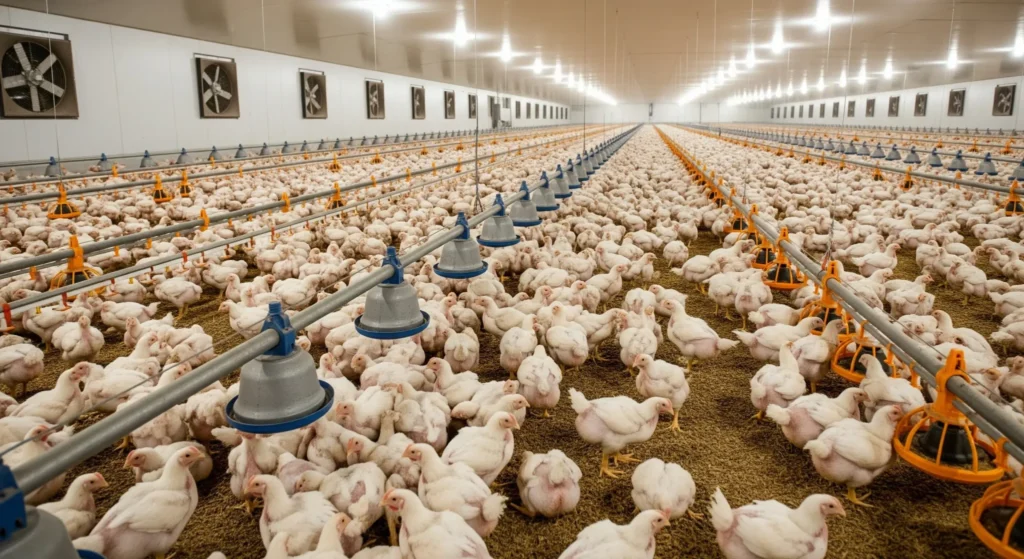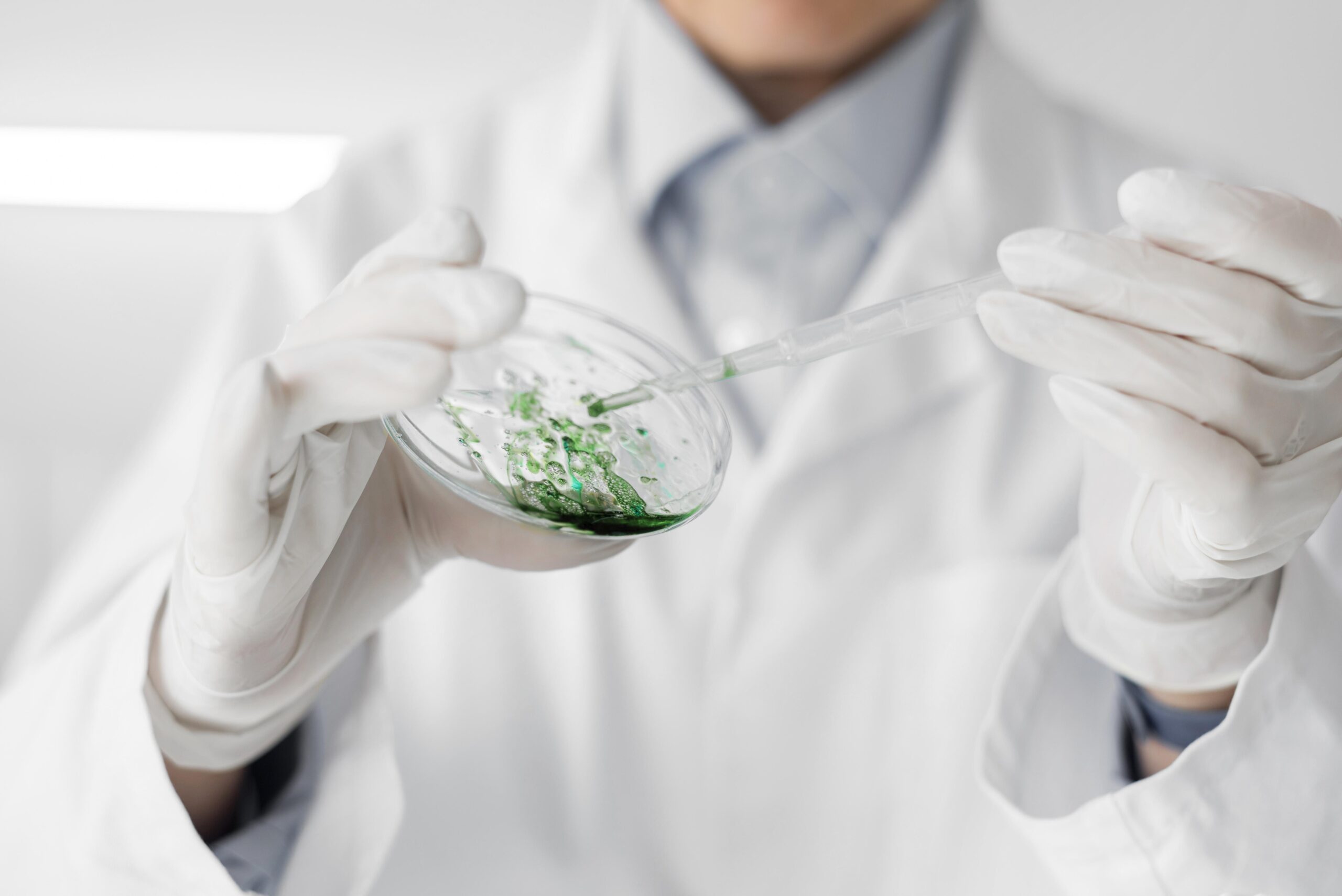Endotoxin stress in poultry is a critical health challenge caused by bacterial endotoxins, primarily lipopolysaccharides (LPS) from gram-negative bacteria. This condition leads to inflammation, immune disruption, and diminished productivity in poultry. Understanding the symptoms, treatment, and mitigation techniques is essential for poultry producers aiming to maintain flock health and optimize performance.
Understanding Endotoxin Stress in Poultry
Endotoxins (LPS) are part of the outer membrane of gram-negative bacteria naturally present in the poultry gut. Under normal circumstances, these endotoxins do not harm the birds because the intestinal barrier effectively prevents their absorption into the bloodstream. However, stressors such as heat, poor management, or infections can impair this barrier, allowing endotoxins to enter the blood and trigger systemic inflammation. This endotoxin stress can cause oxidative damage, disrupt gut function, and suppress immunity, resulting in lower growth rates and production efficiency.
Symptoms of Endotoxin Stress in Poultry
Poultry affected by endotoxin stress may show several signs:
- Reduced feed intake and poor weight gain
- Lethargy and elevated body temperature (fever)
- Immune system suppression, making birds vulnerable to infections
- Increased respiratory rate and panting, especially during heat stress
- Inflammation affecting gut integrity, leading to diarrhea or poor nutrient absorption
- Behavioral changes such as wings held away from the body and stretching to dissipate heat.
Treatment and Management of Endotoxin Stress
Treatment focuses on reducing the impact of endotoxins and alleviating stress factors:
- Maintaining good biosecurity and hygiene to limit bacterial load
- Optimizing environmental conditions (temperature, humidity) to reduce heat stress
- Providing balanced nutrition with additives that support gut health and reinforce the intestinal barrier
- Using feed additives designed to bind or neutralize endotoxins within the gut
- Supporting immune function through vitamins, antioxidants, and stress-mitigating supplements
- Promptly addressing secondary infections with appropriate veterinary care to prevent worsening stress and immune burden.
Mitigation Techniques for Endotoxin Stress in Poultry
Preventing endotoxin stress requires a comprehensive approach:
- Reducing multiple simultaneous stressors (environmental, nutritional, pathogenic)
- Enhancing gut barrier integrity through nutrition and management
- Employing toxin-binding feed additives and probiotics to balance gut microbiota
- Implementing heat stress management strategies, such as cooling systems and adequate ventilation
- Monitoring bird health closely to identify and intervene at early signs of endotoxin-related stress.
In conclusion, endotoxin stress in poultry is a multifactorial condition that compromises bird health and productivity. Early recognition of symptoms, combined with effective treatment and proactive mitigation strategies, can significantly improve poultry welfare, immune resilience, and production outcomes.
Phytocee, with its proven adaptogenic and immunomodulatory properties, provides comprehensive support in mitigating diverse stressors—including environmental, nutritional, pathogenic, and endotoxin stress. By strengthening gut health, enhancing antioxidant defense, and supporting immune resilience, Phytocee offers an effective, holistic approach to maintaining poultry health and performance under challenging conditions.




